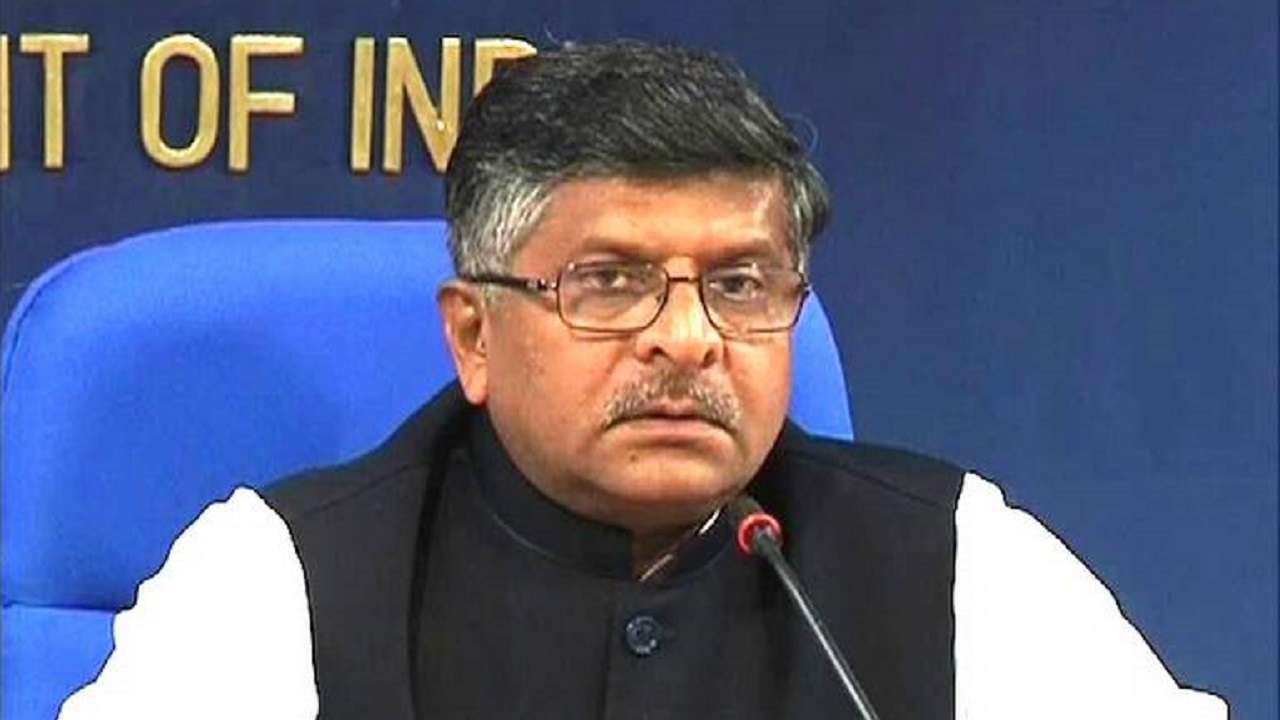India’s all-pervading ban on Chinese apps, which was only last month turned permanent, saw the Ministry of Electronics and Information Technology, led by Union Minister Ravi Shankar Prasad burn the midnight oil, according to a report by the Times of India. Following the brutal and violent clash between Indian Army soldiers and PLA wimps in Galwan valley in June last year, in which India had thrashed the living daylights out of China, the IT Ministry was given a specific brief by the Prime Minister himself.
According to TOI, this brief directed the Ministry to formulate a ban on major Chinese apps and announce it before the third round of Corp commander level talks between the Indian and Chinese militaries, due for July 1, 2020. Effectively, the IT Ministry had a gigantic task ahead of it, with close to no time in hand. Yet, IT Minister Ravi Shankar Prasad pulled it off along with highest level officials of the ministry. The app ban was announced on June 29 last year, with only one day to go for the third Corp commander level talks.
According to the report, the Information and Technology ministry worked through the night to put together the extensive paperwork needed for the unprecedented measures. IT Minister Ravi Shankar Prasad’s office was no less than made a fortress, with the blinds being lowered to ensure that the flurry of activity was not noticed by those not in the know of all that was happening at the highest levels. The ministry and its officials finished the paperwork just in time.
PM Modi was apparently unflinching in his stand that an unequivocal message must be sent to the paper dragon for its misadventures, especially after the clash between the two armies at the Galwan valley. Reportedly, China was taken aback by the Indian government’s approach to counter it on political, diplomatic and economic fronts amidst the standoff between the forces at the Line of Actual Control (LAC) – the effective Indo-Tibetan border.
In the first tranche, India banned 59 most important and sensational Chinese apps like TikTok, WeChat, UC Browser, etc. In subsequent tranches, hundreds of more apps, including PubG were banned by the IT Ministry citing them as being “prejudicial” to India’s sovereignty, integrity and national security. The apps were blocked under section 69 A of the Information Technology Act and relevant provisions under IT rules 2009.
Ravi Shankar Prasad and IT Ministry officials must be commended for working tirelessly to secure India’s cyberspace of Chinese filth. The sheer suddenness of the move most definitely caught the Chinese of guard.
The crackdown on Chinese apps has metamorphised now into a larger battle which India is leading on a global scale against Big Tech. If Chinese apps were state tools of the CCP to spy on Indians and make devious use of their personal data, the American Big Tech is an instrument of authoritarianism seeking to shove down our throats an unwanted sense of political liberalism. The same has not been given a miss by the Modi government.
Microblogging site Twitter, for example, had openly defied Indian government’s directives of banning vitriolic accounts and took upon itself to adjudicate whether such handles deserve to be on the platform or not. This defiance on the part of Twitter infuriated the Modi government, which after serving multiple notices to the American company, had its IT Secretary thrash the living daylights out of the biased medium’s global executives. Ultimately, Twitter, faced with the possibility of having its top executives jailed in India, relented and blocked almost all the accounts the government had blacklisted.
Seeing Twitter relent, other Big Tech companies like Facebook and Google too have been behaving themselves. At the forefront of India teaching Chinese apps and American Big Tech a lesson has been IT Minister Ravi Shankar Prasad.

